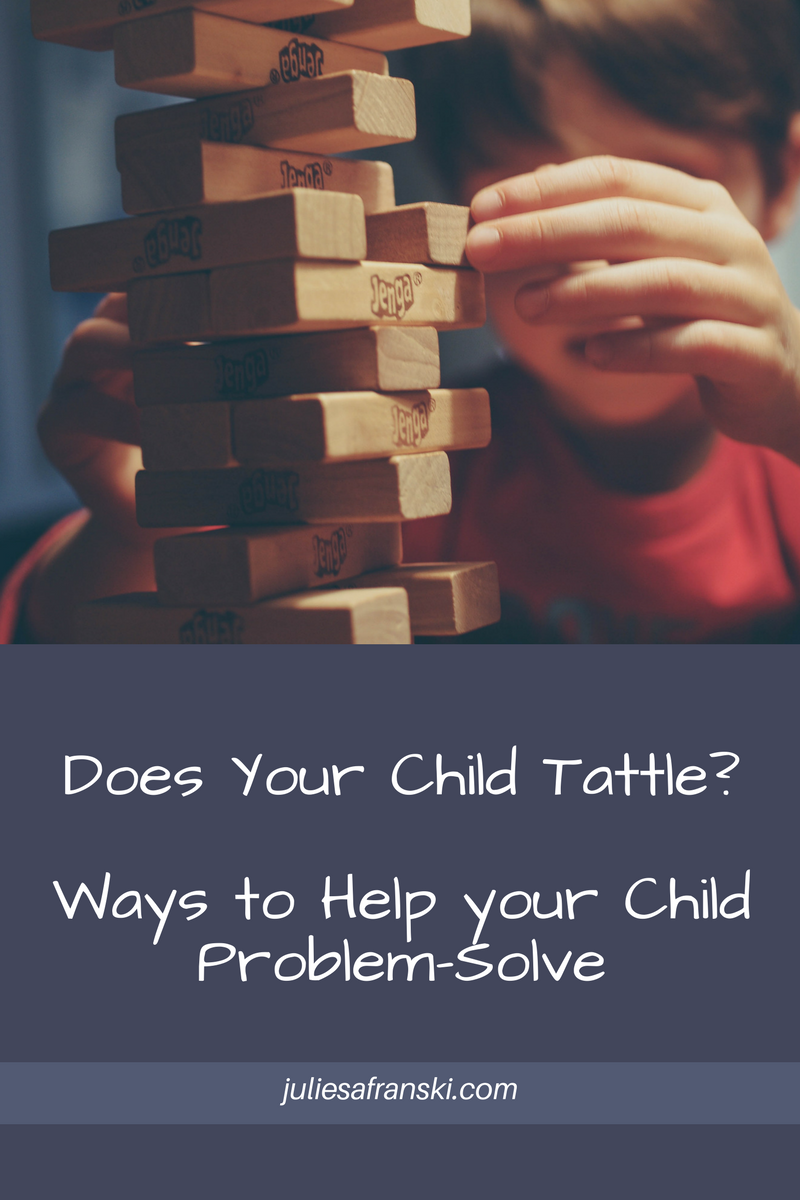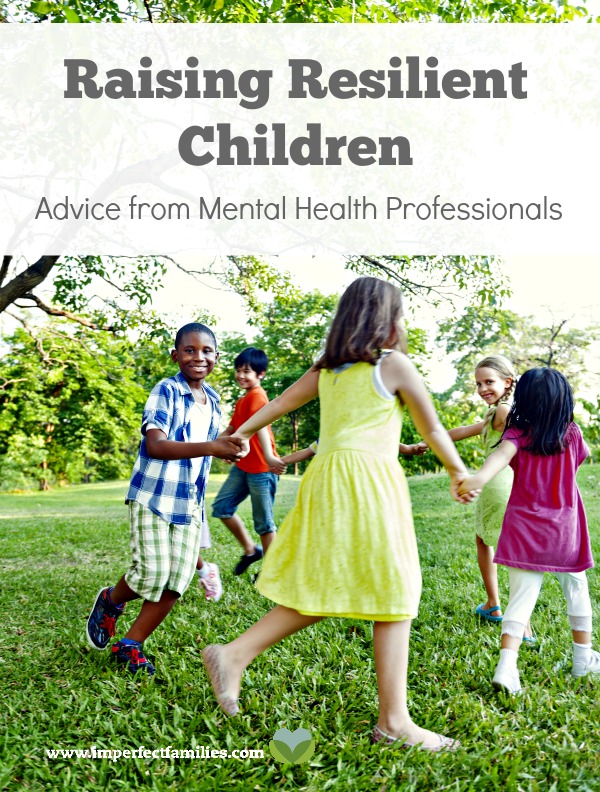
Whether you recently had a baby or your children are school-age, today’s moms are juggling priorities more than ever. We are living in an era where the internet provides us so much information on how to parent our children. There is an expectation to be “professional” moms well-versed in the latest methods of the current developmental task facing our child (“Potty-train your son in 1 week!”, “Does your teenager have the test-taking skills to get into the college of their choice?”) Never mind that life happens and there is grocery shopping, laundry, playdates, cleaning the house, and having to cart the kids to the next extra-curricular activity. Unfortunately in taking care of our families, often parents are not taking care of themselves. We have to consider our self-care activities analogous to the airplane safety talk we hear from flight attendants; we need to take care of ourselves so we are able to help those around us who need us whether it be kids, spouse, aging parents or friends. For many this is difficult, but even incorporating one change at a time to relieve stress can benefit us greatly. Here are some gentle reminders of ways to relieve stress.
Take time for yourself daily
If you are unable to commit to any other changes in relieving stress, start with making time for yourself daily. Find 15-20 minutes a day to do something that you enjoy. Whether that is reading a magazine, taking a relaxing bath/shower (uninterrupted!), taking the dog for a walk, watching TV or even just sitting in complete silence will be a step in developing good self-care. It’s a great way to start to establish a pattern of self-care to be better able to start to relieve our stress.
Eat healthily
“Clean Eating” is all the rage these days but for good reason. You feel better when you eat less processed foods, more whole grains, fruits and vegetables. But making sure that happens is easier said than done. One small change you can make is packing a healthy lunch if you normally eat out. Then you know you have had at least one healthy meal a day. If you are a planner, try batching your cooking on one day of the week. The you can decide to freeze some items and keep others in the fridge so you don’t have to cook during the rest of the week. Another idea is utilizing the slow-cooker aka Crock Pot from the 70’s and 80’s. The kitchen tool has found it’s way back into households for good reason; it helps to relieve the stress of busy lives by cooking while you are out with the kids or at work. (And not just women use it, men are using it too.) You come home and voila! You have a cooked meal without spending any time in the kitchen. Current recipes reflect healthier ingredients than in the past. Need ideas? Try googling crock-pot recipes and you will find endless blog posts on the subject not to mention Pinterest boards full of possibilities.
Sleep
We all know that getting enough sleep can be difficult, particularly as parents. Babies that aren’t on a schedule, toddlers waking up to go to the bathroom in the middle of the night, sick school-age kids or even waiting up for teenagers to come home can all can impact our sleep. I have offered some strategies in a previous post to develop good sleep hygiene that may be helpful. If your kids are still taking naps, you should try to join them if you can. Napping has shown to have great benefits and the more sleep we have, the better our bodies can help us relieve our stress.
Gratitude
Expressing appreciation for what one has, can be difficult when dealing with stress day-to-day. But developing the discipline to recognize the good in our lives has shown to have both emotional and physical benefits. Numerous studies have show that cultivating gratitude daily can result in being more optimistic, attaining more goals, more empathetic and being more connected to others. How to practice? Write 3 things you are thankful in the morning and at night daily. If you need inspiration to get you started, here are 52 prompts for the year.
Exercise
This is a concept that lots of people struggle with particularly after having kids. How to fit exercise in your schedule in a way that your needs are being met while also not feeling guilty when taking time away from our family. We all know the benefits of exercise but this article quickly sums up the positive impacts if you need reminders. If you don’t like the gym or don’t have the time to commit to a membership, how about taking up a sport? Maybe it’s going back to the athletics of your youth (be a mom who plays soccer rather than just a soccer mom!) Or now is the time to try a new fitness class or sport. For some people, knowing that others are depending on you to show up is the motivation to exercise. And for working moms, even if you cannot find the time exercise, walking at lunch has shown to relieve stress and create health benefits.
Find a hobby
Finding a hobby could be an important way of finding that “me” time while also fulfilling a passion of yours that you put aside when you started having kids. Or it could be an activity that you have always wanted to try. And if you are learning a new skill, besides relieving stress, there is an added benefit to increase your memory. Investigate your local park districts or libraries that offer adult classes. There are also colleges/universities that have continuing education programs teaching various skills. Local stores, art studios etc, also offer classes. If money is an issue, if you have a few friends that are proficient in a particular hobby, have a monthly night that you meet to learn a new project. Or if you if you prefer the self-taught route, there are tons of videos You Tube that have informational tutorials on various subjects. A hobby or personal interest also teaches your children that you are a life-long learner!
Socialize
Whether you are introverted or extroverted, spending time with others is a great way to relieve stress. The daily grind can be isolating if all your socializing consists of school drop-off or pick-up squeezed in during your work day. If you are a stay-at-home with an infant, it also can get lonely without adult interaction. One study has shown that friendships for women provide an alternative to the traditional fight-or-flight response to stress. If you want a structured plan, join a new mom’s group or a book club. If you are a looking to meet area parents, plan activities or outings with other stay-at-home moms in your area through a Meet-Up group. Even if you can plan a monthly coffee with a friend, it is a step that can help you to recharge. Or swap babysitting with friends or neighbors so you can get a night out with your husband or wife.
Just Say No
Maybe you have guilt that you are “only” staying home with your kids and not working outside the home for pay. Since you are at home, you may end up being the go-to person whom family, neighbors, friends come to for extra help. If you can assist them, great. But often times we feel obligated if people ask us to do something for them, we need to do it because we don’t want to let them down. Saying yes too many times to commitments that we do not want to do will make us exhausted, unhappy and/ or resentful. Setting healthy boundaries will save our energies for the people and commitments that are really important to us.
Ask for Help
Didn’t I just write “Just Say No”? Yes, but there are times we do need to rely on others who are able to help us. Not just able to help us but want to help and are sincere about it. You may have helped this person in the past. Or maybe this is a friend is in a different place in their life and have more time to do things for other people. Think of the friend who has older high school children who loves babies and can watch your child while you head out to the gym or get a manicure. Consider a niece or nephew who can pick-up/drop-off your kids at school to simplify your schedule once or twice a week. Or even that neighbor who says, “I’m headed to the store -do you need anything?”. Instead of always saying no, ask her to pick up those one or two items that would prevent you from having to make a separate trip. You could always return the favor another time. And help isn’t always in the form of asking others for favors, it could be simplifying your responsibilities. It might be hiring someone to clean your house occasionally, using a grocery-delivery service or even considering getting a personal assistant if you have a very busy work/home life that could use someone helping you out a few hours a week.
One step at a time, all of us can find ways that can relieve stress. Creating a good self-care plan does not necessarily have be about sweeping changes but often just small adjustments to our day-to-day life that can improve our well-being. Making a commitment to relieving stress, ultimately makes a pledge to being more emotionally available to all of those who are important to us.
Julie Safranski, LCSW, is a Chicago psychotherapist. She tries daily to find her “me” time and likes helping others create the best self-care plan that works for them. Julie can be reached at js@juliesafranski.com.





